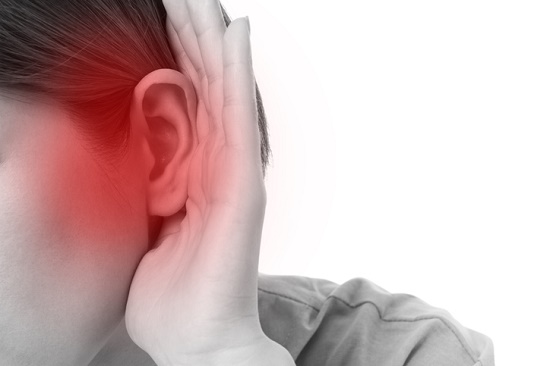
Hearing loss is exclusively a problem for older people, right?
Not quite. While it’s true that your chances of developing hearing loss increase as you age, you can, in truth, develop hearing loss at any age.
As indicated by the NIDCD, 26 million Americans age 20 to 69 have high-frequency hearing loss from direct exposure to loud noise at work and during leisure activities. And that includes 1 in 14 generation Xers, age 29-40, who already have hearing loss.
Provided that hearing loss can strike at any age, it’s vital to understand the signs as they’re typically discreet and tough to notice.
The following are 8 silent signs of hearing loss that should prompt you to get a hearing test.
1. Ringing or buzzing in the ears
Have you ever come home from a deafening live show and noticed a ringing or buzzing in your ears?
If that’s the case, that indicates you’ve harmed the nerve cells of hearing in your inner ear. If it’s only taken place a few times, the damage is most likely transient and slight. But continual exposure or one-time direct exposure to very loud sounds could produce irreparable damage and hearing loss.
If the ringing in your ears persists, you should book a hearing test as this is one of the initial signs of hearing problems. And if skipping upcoming live shows is not an option for you, your hearing consultant can help you avoid further injury with custom-fit earplugs.
2. Balance problems
Your hearing and balance are intricately linked. In fact, a large component of your ability to remain balanced is the result of sophisticated structures within the inner ear.
If you detect that you’ve been more clumsy lately, the issue may in fact be with your ears. In fact, a study by Johns Hopkins University determined that individuals with hearing loss were three times more likely to have a history of falling.
3. Memory impairment
Your short-term or working memory is quite limited, able to deal with only a few items for a short duration. That means you don’t have time to catch up on missed words during fast-moving discussions.
With hearing loss, speech comprehension suffers as you can completely miss or misconstrue the speaker’s words or statement. This manifests later on when you can’t remember significant information.
4. Painful sounds
With hearing loss, you may become exceedingly sensitive to particular sounds, to the point where they cause pain or discomfort.
The technical term for this is hyperacusis, and you’ll want to consult with a hearing professional if the problem persists or becomes intolerable.
5. Listening fatigue
Imagine spending the day working hard to decipher meaning from half-heard words and phrases and responding to questions you didn’t entirely hear. That level of attention can wear you out quickly.
If you notice you’re exceedingly fatigued at the end of the day, hearing loss may be to blame.
6. Trouble hearing in groups
Early stage hearing loss normally doesn’t present itself during person-to-person conversations or in tranquil settings. Most often, hearing loss only becomes an issue in the presence of background noise or in group situations.
7. Not hearing alarms or calls
Hearing loss is very often tough to notice or identify as it grows gradually every year. Oftentimes, friends and family members will notice the hearing loss before the person suffering from it does.
However, there are some warning signs you can watch for, including the inability to hear alarms or phone calls, the doorbell, or the TV at normal volume.
8. Trouble hearing movie dialogue
With hearing loss, you may have particular trouble hearing the dialogue in tv shows and movies. That’s because most instances of hearing loss affect high-frequency sounds to the greatest degree, and speech is a high-frequency sound.
It’s never too soon to look after your hearing health. If you encounter any of these symptoms, schedule an appointment with your local hearing professional.
